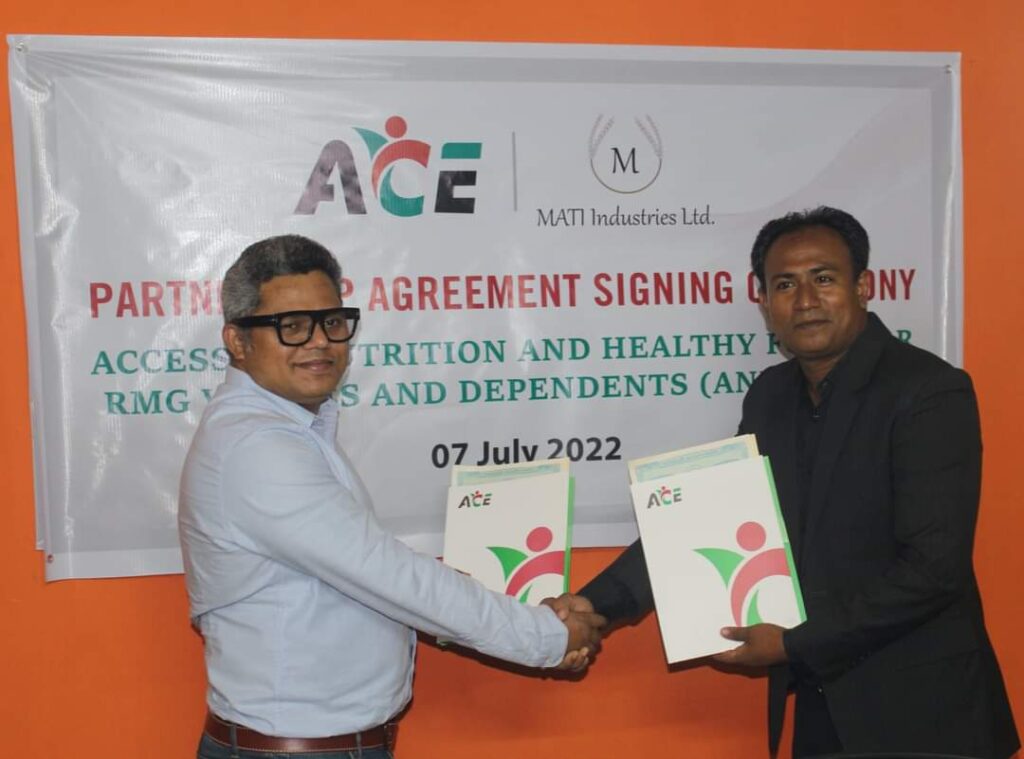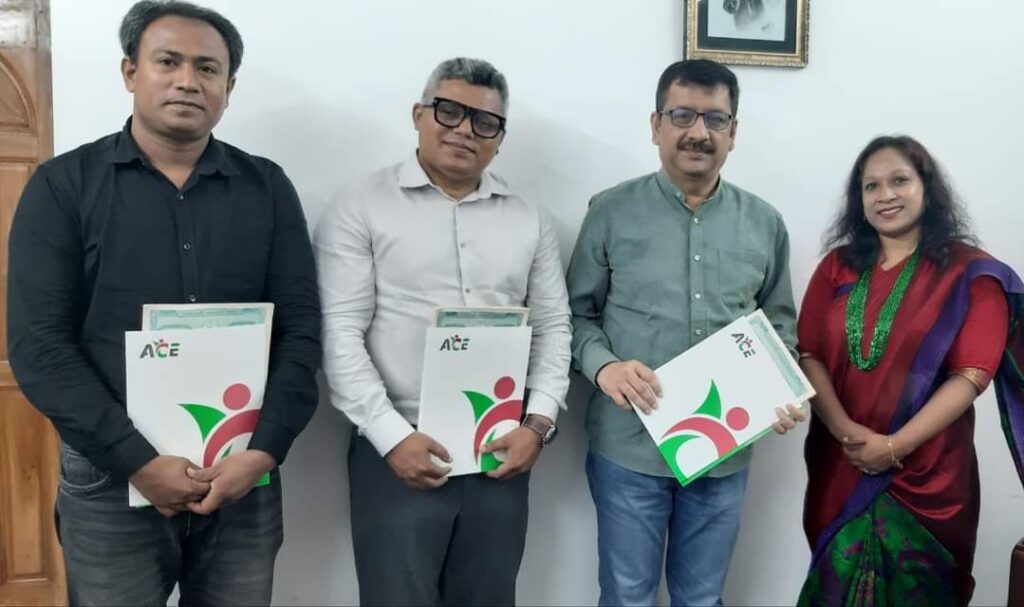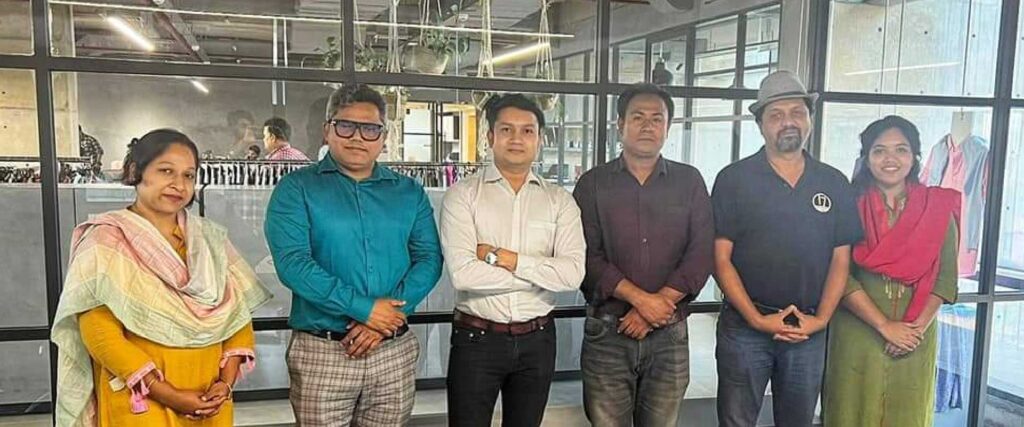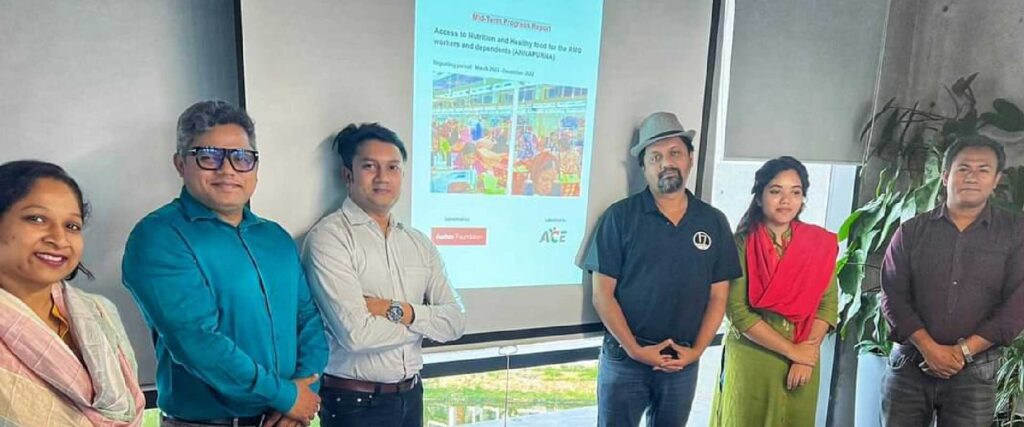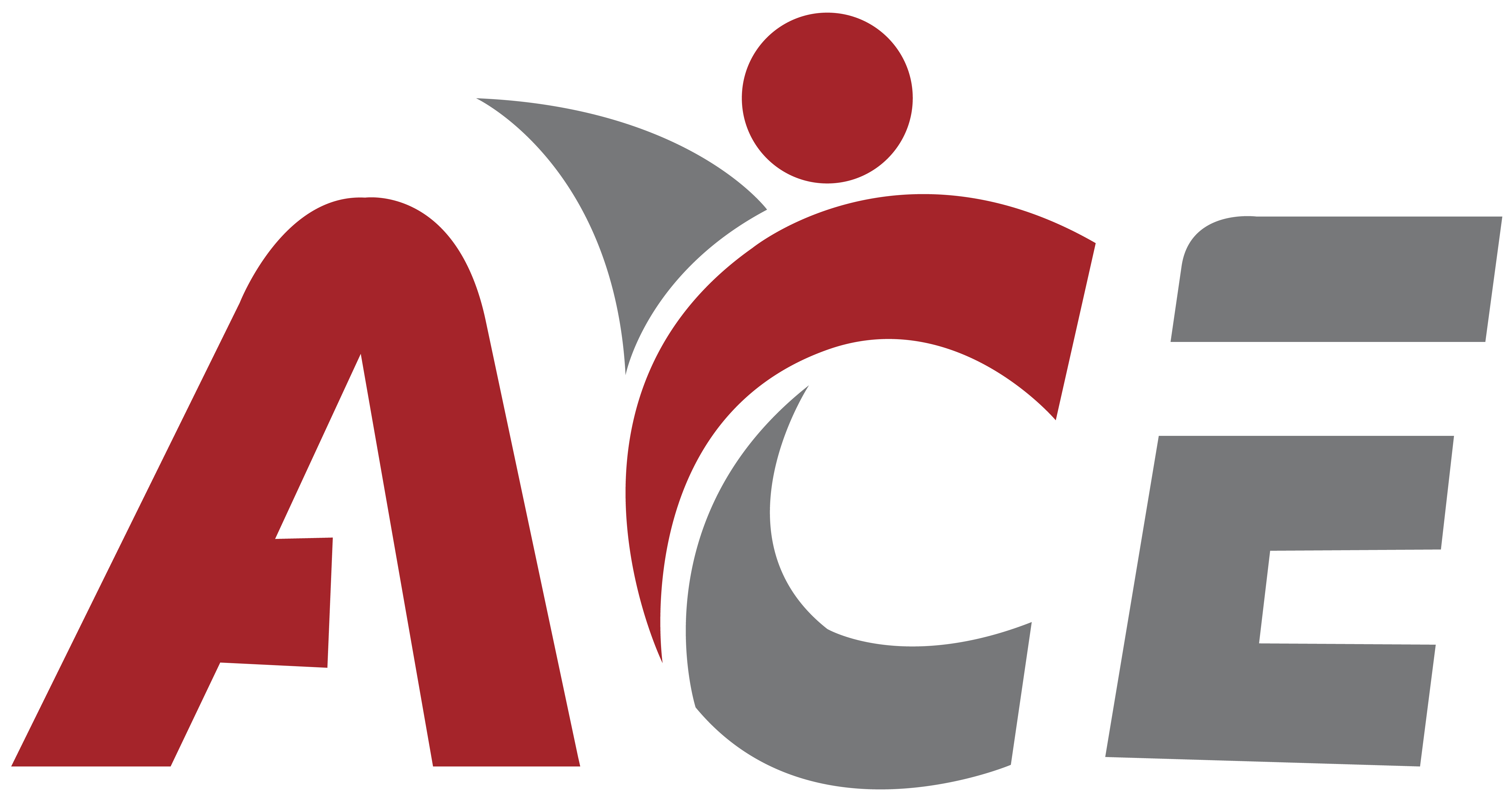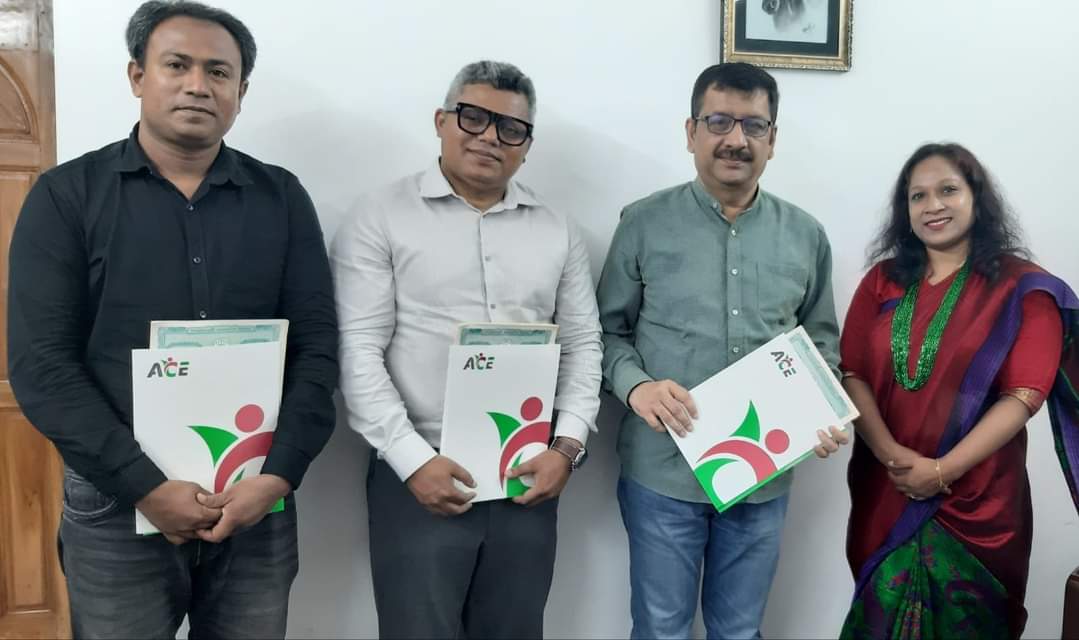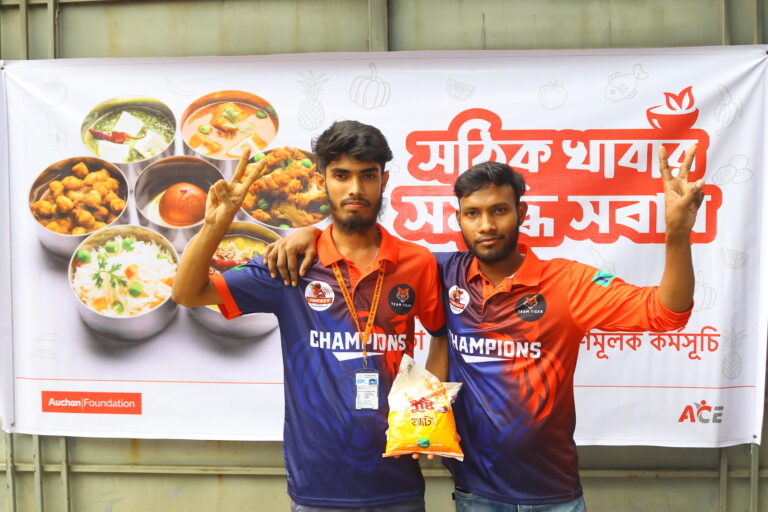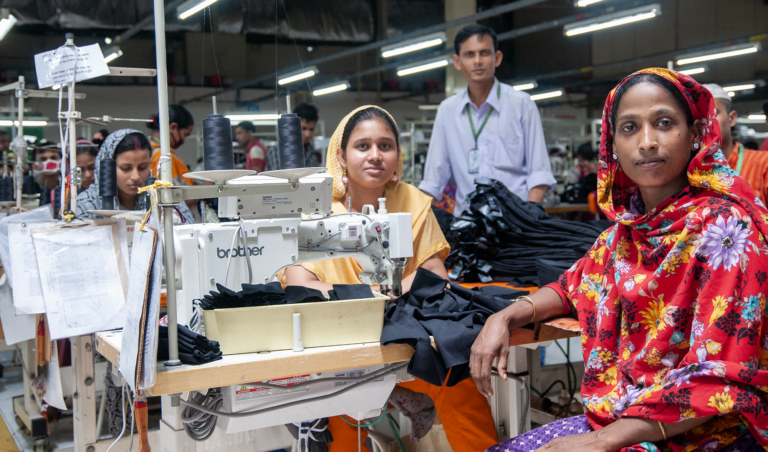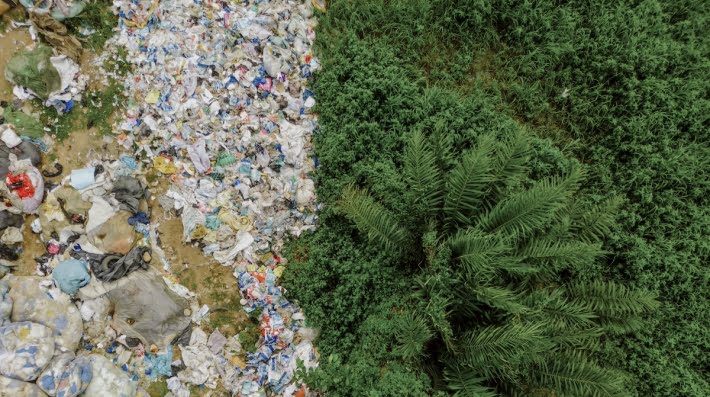Creating the Path of a Healthy Lifestyle for RMG Workers in Bangladesh
– Md. Tanver Hossain
About five years ago, while I was working for SNV Netherlands Development Organizations, I met Salma Akther, a garment worker. It was a life-threatening condition for Salma; her baby died in the womb during the fifth month of her pregnancy. But lucky for her, she was covered by the Health Insurance Scheme supported by the Carrefour Foundation and SNV Bangladesh. Salma was hospitalized for a D&C procedure to stop bleeding and prevent infection. According to her doctor, the major reason behind her situation was anemia. Thousands of female RMG workers have been suffering from anemia.
There are unmet demands for creating access to nutrition and healthy food for RMG workers and their family members. 77–80 percent of female Bangladeshi RMG workers are suffering from anemia, which is associated with significant productivity loss, increased maternal and perinatal mortality, and contributes to global mortality.
Contributing factors that may cause anemia are an inadequate and inappropriate diet, poor absorption of iron by the body, poor nutrition, and dietary knowledge and practices. The vast majority of the RMG workforce does not have access to quality nutrition or information on health, nutritious food, or hygiene services. A recent study by CPD stated that RMG workers’ household income has reduced roughly by 31% while increasing by 29% of their food costs due to COVID-19. Extreme fatigue pushes female workers to take early retirement from the job; thus, the number of female workers is declining in the RMG sector.
Taking these causes into consideration, the objective of the Annapurna project is to improve the health, nutrition, and well-being of the RMG workers and their family members by developing access to nutrition, diet, hygiene, and sanitation education through a replicable inclusive business model in two factories and their communities by 2023.
Initially, it would be a 12-month project that would be implemented in 2 garment factories, and a total of 10 thousand RMG workers would be directly benefited; furthermore, the project would have a positive impact on 30 thousand people. The project is designed to establish 2 fair price shops and a community kitchen in the catchment area of the garment factories. The project will conduct a behavior change communication campaign among garment workers and train them on health, nutrition, and hygiene practices both in the factories and in their community.
The expected outcomes are not limited to the improved ability of RMG workers to get micronutrient-rich foods in their daily diet at an affordable price in 2 partner factories through the establishment of 2 fair-price shops. RMG workers’ family members will learn healthy cooking, produce healthy meals and snack items for the workers, and generate sustainable income for families through the community kitchen.
Now, let us move on to our project design part, if you look at the RMG’s daily time distribution, they spend 8-10 hours at the factory and around 14 hours in the community. That is why we have designed our interventions at both the factory and community levels. Similarly, we have projected output at both levels. The Association for Community Empowerment (ACE) aims to make change sustainable and would love to see healthier workers and productive RMG sectors.
So that brings me to the last part of this article, at ACE, we appreciate the suggestions and support from our partners and stakeholders. As a national NGO, our main focus is on project sustainability. After the completion of the project period, if not extended, we genuinely aim to continue our efforts. We have created a strong bond between the RMG community and the service provider. We would like to thank the Auchan Foundation for creating this opportunity and extending their hands to the RMG workers in Bangladesh.
